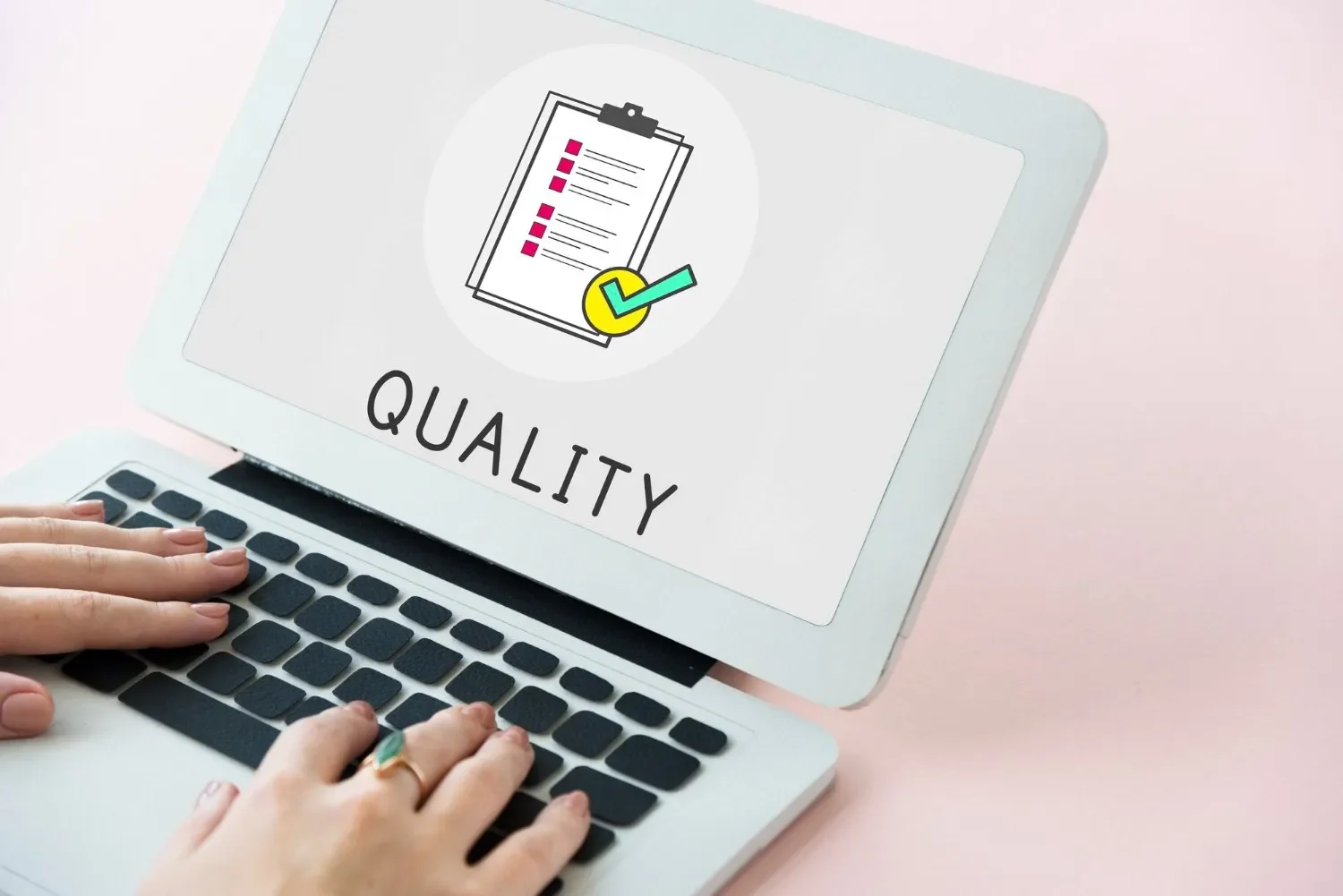Driving Organizational Excellence Through Internal Audit Consulting Services
In the current dynamic business world, where risks, the regulatory environment, and technological updates are constantly changing, there is a need to ensure that a business has an effective and flexible internal auditing system. An effective audit role does not just defend the integrity of an organization but, in fact, spurs accountability and continuous improvement. Nevertheless, issues that can hamper the maximum value provision might be related to the lack of resources, skill shortages, or obsolete processes, even within the established audit teams.
This is where professional advice becomes revolutionary. Charles Financial Strategies LLC is unique with its situational and outcomes-based system of building up audit capabilities. Combining precision, insight, and innovation, the company provides internal audit consulting services that go beyond compliance to build resilience and streamline future operations.
Fractional Audit Leadership: Flexible Expertise, Maximum Impact
Fractional audit leadership is one of the most valuable services to be offered currently to organizations, as the model is innovative and gives organizations access to a high level of audit expertise without the expense of hiring an executive on a full-time basis. This is also a welcome strategy for firms that are in transition, those firms entering into new markets, or firms undergoing great change in the body of the firm.
This notion is a win-win since it helps in providing organizations with the strategic oversight, streamlined processes, and strengthened governance they need without exceeding the budget limits by having access to fractional audit leaders on a seasoned audit leader basis. It lets companies access years of experience and best practices in the industry at the level they need.
The result? A more agile and powerful audit role that can swiftly change to emerging risks and changes to regulations, and in the process, align all the audit activity aligned to the larger corporate goals.
External Quality Assessments: A Benchmark for Excellence
Ensuring that the internal audit function is effective involves periodic review based on professional standards and new benchmarks in the industry. External quality tests act as an objective window that allows a detailed examination of the audit processes, tools, and reporting frameworks.
These evaluations aim to identify successes but also reveal areas where audit teams can do more so that effective audit units can do more than just keep the organization in compliance, but contribute true value. The insights that can be obtained may give rise to innovations in workflow design, risk identification, and stakeholder engagement.
These reviews help to find out whether the companies are using the best practices to conduct their audit services, as well as assist the companies in coming up with a plan on how to develop in the future. This process not only enhances credibility with the stakeholders but also helps to incentivize the organization toward transparency and accountability.
Risk Management: From Compliance to Competitive Advantage
Risk management is an evolving aspect that is not about risk avoidance but a part of corporate strategy that produces success. The contemporary progressive businesses have understood that a properly intertwined risk management plan will aid in the protection of merchandise, enhancing judgment and investment beliefs of investors.
Consultants offer a holistic approach to enterprise risk, such as operational and financial risks as well as emerging risks, such as cybersecurity attacks and ESG-based risks. They assist organizations in creating frameworks that will take into account risk to make all decisions, and thus, the risks may become opportunities to achieve resilience and a competitive advantage.
A proactive risk culture also helps all the employees at various levels to identify, report, and address problems before they get out of hand—this safeguards the reputation of the company as well as its profit margin.
Integrating Leadership Development into Audit Excellence
Effective use of strong audit functions needs more than technical skills—it needs good leadership. The leaders who incorporate analytical ability and emotional intelligence can inspire teams, manage complexities, and develop trust throughout the organization.
Incorporating leadership training in audit consulting makes a multiplier to develop the team performance, stakeholder relationships, and the significance of audit functions in the ever-evolving world.
Customized Strategies for Diverse Industries
Organizations are unique, and so are their needs with regard to auditing. The best consultants are the ones who know that strategies need industry-specific risk, regulatory needs, and corporate cultures. Consulting for financial institutions, healthcare providers, government agencies, or even world businesses, seasoned experts develop solutions that are based on the reality of the client's operations.
Such customization may include the formulation of risk-tailored audit plans, the implementation of data analytics tools, or the facilitation of new compliance frameworks. Consultants will improve organizational operations because they will make sure that every proposed change is implementable and sustainable by matching it with the priorities of the organization.
Technology and Data Analytics in Modern Auditing
The world of auditing has moved into the realm of data analytics, with technology becoming the core of discovering risks and streamlining business. The power of analytics, automation, and artificial intelligence in audit efficiency and accuracy can aid organizations, which may rely on consultants to provide the support.
Technology-based solutions reduce the manual effort required by auditors to give various aspects of continuous monitoring systems to predictive risk modeling and support faster detection of anomalies, prioritization, and reporting. Not only does this enhance the quality of audits, but it also makes it a strategic arm to the business.
Change Management: Ensuring Lasting Transformation
Failure to manage the change effectively will render even the best-designed changes in the auditing process. Consultants step in at a very crucial moment when an organization is going through changes, be it applying new modes of audit, carrying out technological shifts, or restructuring staff.
Consultants enhance the adoption of new practices in daily operations by ensuring there is clear communication, dealing with resistance, and properly training the staff. This will make it possible to have sustainable improvements and ensure the organization will continue gaining long after the initial involvement.
Why Partnering with the Right Consulting Firm Matters
The decision of finding the best audit consultation partner may spell the amount of change or even the small steps towards change. A company such as Charles Financial Strategies, LLC, not only offers technical expertise but also makes an effort to know the special needs and aims of every client.
Their group produces quantifiable outcomes with boosted efficiency of operations and even better compliance scores. More to the point, they help to transform internal audit teams into strategic resources, i.e., those that can be used to bring about innovation and ensure the long-term sustainability of an organization.
A Visionary Leader At The Helm
The heart of this consulting excellence lies in Dr. Sabine Charles, who is a leader with a wide knowledge base that involves internal audit, risk management, and leadership development. She is utterly committed to making organizations excel not only in terms of compliance but also in operational brilliance, as illustrated in her career.
Her teaching helps companies understand how to maximize the use of their audit capabilities and incorporate governance and risk management within an aligned and future-proofed system. She motivates teams and achieves tangible outcomes, hence a valuable associate when teams are faced with complex situations.
Building A Culture of Continuous Improvement
Consulting is not only about attending to situations, but it is also about developing an attitude of never-ending improvement. This is where curiosity is encouraged, accountability is spread, and teams are equipped with the tools and knowledge needed to prioritize changing on the fly.
This culture becomes ingrained, and organizations will have the confidence to respond to changes in regulations, economic conditions, and emergent risks. The outcome is an audit role that grows with the business, constantly adding value and strengthening stakeholder faith.
Global Perspective, Local Expertise
The more interconnected the world is, the more organizations have to give particular attention to the ideas of both local regulations and global trends. Skilled advisors provide a viewpoint across these spaces—meeting local jurisdictions without locking them into the global market or collaborating across borders.
This dual focus helps organizations maintain competitive agility, positioning them to seize opportunities while mitigating the risks of operating in diverse regulatory environments.
Measuring Success Beyond Compliance
Regulatory compliance is not the only indicator of true success in audit consulting; it is the concrete value that the practice brings to the organization. They might consist of cost-saving, operational efficiency, better stakeholder relations, and maximum decisions made.
The consultants provide close support to the leadership to define clear metrics and monitor progress to make sure that each engagement has valuable and measurable outcomes.
Conclusion
Audit functions must be more than compliance watchdogs, accounting for the changing nature of governance and risk management. The best consultants mix technical skills, new approaches, and managerial training to enable organizations to achieve their full potential.
Under Charles Financial Strategies LLC, and with the help of Dr. Sabine Charles’ internal audit consulting services, businesses are able to turn their internal audit programs into resiliency and excellence drivers. Organizations with this holistic, future-looking mindset are the organizations of the future, prepared to handle uncertainty in a way that inspires confidence and clarity.




